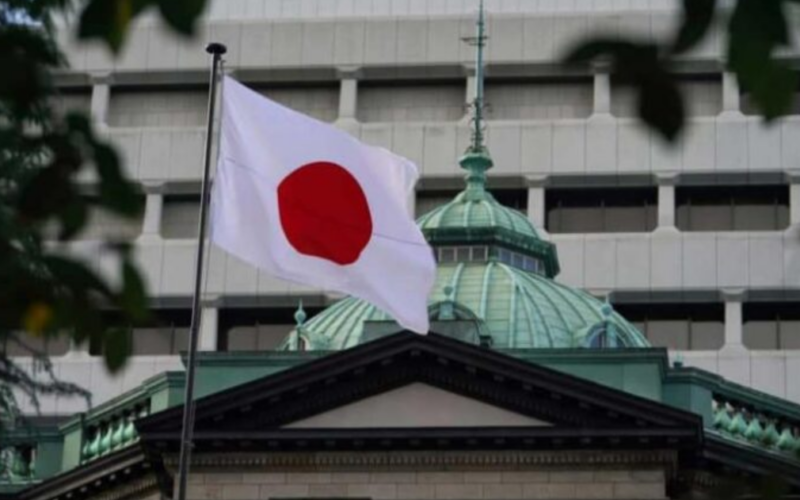Japan, once a stalwart of global economic prowess, has been hit by an unexpected recession at the close of last year, relinquishing its status as the world’s third-largest economy to Germany. The downturn has raised significant concerns about the timing of the central bank’s exit from its prolonged ultra-loose monetary policy, adding to the challenges facing policymakers amidst a fragile economic landscape.
Government data revealed that Japan’s Gross Domestic Product (GDP) plummeted by an annualized 0.4% in the October-December period, following a 3.3% contraction in the previous quarter. The unexpected decline, worse than market forecasts, has intensified worries about the nation’s economic recovery, with analysts warning of the possibility of another contraction in the current quarter. Weak demand in China, sluggish consumption, and production disruptions at key industrial players like Toyota Motor Corp have compounded the challenges facing Japan’s economic resurgence.
Yoshiki Shinke, Senior Executive Economist at Dai-ichi Life Research Institute, highlighted the concerning trends in domestic demand, particularly sluggish consumption and capital expenditure, which are vital drivers of economic growth. This lack of momentum poses a significant hurdle to Japan’s prospects for a swift recovery, with no clear catalysts for growth on the horizon.
The consecutive quarters of contraction, a hallmark of technical recession, have raised doubts about the Bank of Japan’s (BOJ) plans to phase out its massive monetary stimulus this year. Despite previous assertions that rising wages would fuel consumption and support inflation, the weak economic data may force the central bank to reassess its policy trajectory, delaying any potential rate hikes.
Finance Minister Yoshitaka Shindo emphasized the importance of solid wage growth to drive consumption, acknowledging the lackluster momentum in the economy due to escalating prices. While the government remains committed to its fiscal objectives, the impact of the recession on BOJ policy remains uncertain, with market participants closely monitoring developments in monetary policy.
The unexpected economic downturn has also prompted a reevaluation of Japan’s global economic standing. With Germany surpassing Japan to become the world’s third-largest economy, the data underscores the challenges facing Japan’s economic recovery efforts.
Private consumption, a significant component of economic activity, contracted by 0.2%, falling short of market expectations amidst rising living costs and weather-related factors. Capital expenditure, another critical driver of growth, also registered a decline for the third consecutive quarter, signaling subdued business sentiment and investment activity.
Despite robust corporate spending plans and positive indicators in the labor market, including tight labor conditions, doubts persist about the pace of Japan’s economic revival. The central bank’s plans to end negative interest rates by April may face delays, with lingering risks and uncertainties clouding the economic outlook.
As Japan grapples with the repercussions of its unexpected recession, policymakers are under pressure to implement targeted measures to stimulate growth and restore confidence in the economy. With global economic dynamics evolving rapidly, Japan’s ability to navigate these challenges will be crucial in determining its path to recovery in the coming months.








